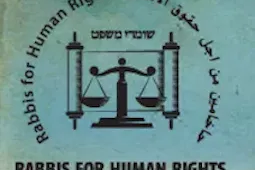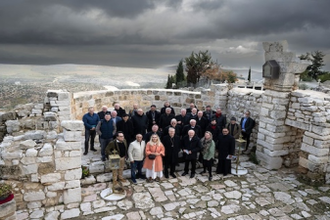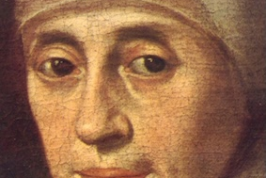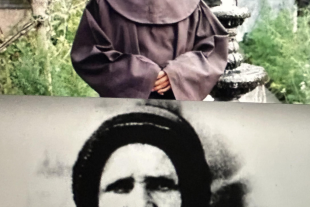Letter from the Holy Land - 3
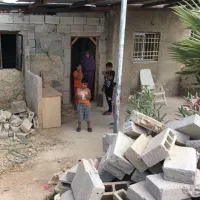
Demolished home ICN/file
Melanie Nazareth has recently returned from Israel and occupied Palestine where she spent two and a half months with the Ecumenical Accompaniment Programme in Palestine and Israel.
Noor's story was about about a family with a demolition order on their home. In this letter I want to share some understanding of the reality of that.
There was a morning not long ago, when we stood with people in the ruins of what, until the day before, had been home to their two families - two brothers, their wives and six children. They told us they were given no notice, no time to remove their belongings.
When the Israeli military, with drills and bulldozers, arrived unexpectedly and began to destroy the front of the house, a pregnant mother and her three and six year old were still inside. It took six hours for three machines to destroy everything. The man who built the house explained that he still has open an application for a permit for the building, that has not been adjudicated on. He made his application four years ago. He tried to explain that to the soldiers but it made no difference.
Under the broken concrete we could see medication, kitchen equipment, clothing, children's toys and feed for the sheep. One of the brothers said that the children's schoolbooks were still under the rubble, as were the baby chickens the family had hatched. The youngest brother of the owner said he had wanted to take the sheep food out of the house but the soldiers handcuffed him with zip ties and kicked him when he tried. The soldiers took his phone, which they had not returned, and with it the 700 shekels he had tucked in case to keep it safe.
The two families who lived in the house had moved into the grandfather's house, together with the three families who were already living there. We talked about the children. The younger children cry and ask where is my home, they said. I think the older children may have understood that this is how life is under this occupation. As the three brothers slowly picked up and examined bits and pieces of their life, their shoulders and their faces reflected such dejection and despondency where, to be honest, I had expected anger. Maybe their anger will come later, or maybe they are just too tired to be angry. That's something we heard a lot from people: it's exhausting living like this, we are just so tired.
The men remembered they had guests. One of them wiped his fingers on the child's black sock he was looking at and poured coffee from a thermos into little paper cups. We drank in silence.
That morning we had stood for a while, empty, as words felt so inadequate. Today, as I write, my mind fills with words in which the principles of international humanitarian and human rights law are woven with the values of our Catholic Social Teaching. The right to adequate housing for the health and well-being of ourselves and of our families in the Universal Declaration of Human Rights and the CST declaration of the family as a central social institution, to be supported and strengthened. The foundational affirmation in CST of the dignity of the human person as the basis of a moral vision for society, with opening words of the UDHR that 'the inherent dignity and of the equal and inalienable rights of all members of the human family is the foundation of freedom, justice and peace in the world'.
Today in my heart they all feel like words of lament.
LINKS
Ecumenical Accompaniment Programme in Palestine and Israel: www.quaker.org.uk/action/palestine-and-israel/eappi
Friends of the Holy Land: www.friendsoftheholyland.org.uk/



